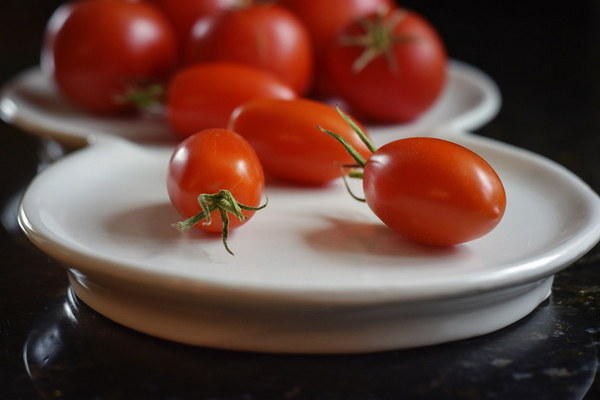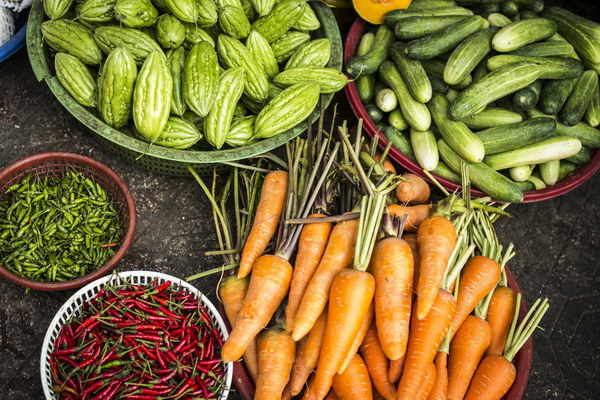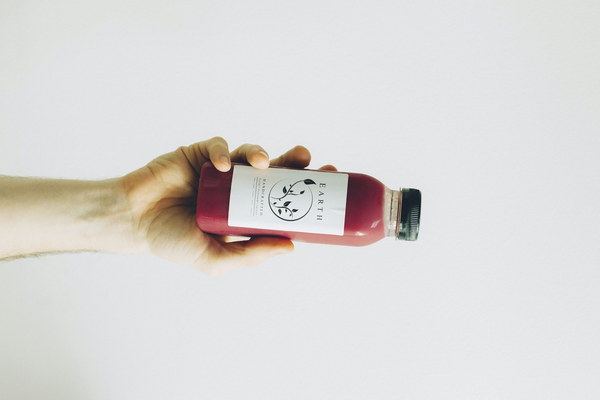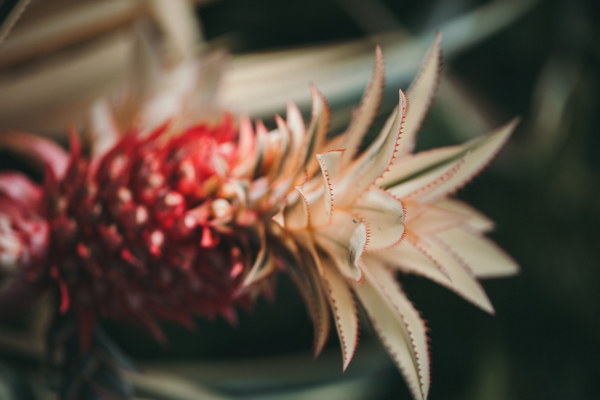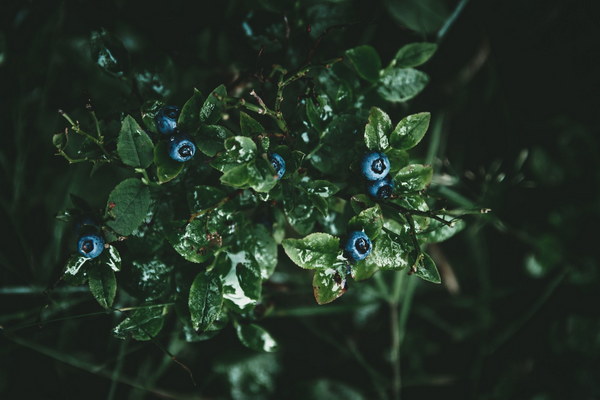Reviving Vitality A Holistic Approach to Tonifying Spleen and Removing Dampness in Yang Deficiency
In traditional Chinese medicine, the concept of phlegm-dampness and yang deficiency refers to a specific imbalance within the body that leads to a variety of health issues. This condition is characterized by an excess of dampness in the body, coupled with a deficiency of yang energy, which is essential for maintaining the body's warmth and vitality. To address this complex issue, a holistic approach involving strengthening the spleen and removing dampness is crucial. This article will delve into the intricacies of this condition and offer insights into how to promote overall health through the practice of tonifying the spleen and removing dampness.
Understanding Phlegm-Dampness and Yang Deficiency
Phlegm-dampness refers to the accumulation of dampness in the body, which can lead to various symptoms such as fatigue, bloating, and a feeling of heaviness. This dampness is often the result of an overconsumption of cold, damp foods, or exposure to cold, wet weather. Yang deficiency, on the other hand, is characterized by a lack of warmth and energy in the body, leading to symptoms such as cold hands and feet, low libido, and a weakened immune system.
The spleen plays a vital role in the digestion and absorption of nutrients, as well as the transformation of food into Qi (vital energy). When the spleen is weakened, it can lead to the accumulation of dampness, exacerbating the symptoms of phlegm-dampness and yang deficiency.
Tonifying the Spleen and Removing Dampness
To address phlegm-dampness and yang deficiency, a comprehensive approach is necessary, involving both dietary and lifestyle changes, as well as herbal remedies and other traditional practices.
1. Dietary Adjustments:

- Reduce the intake of cold, raw, and damp foods such as ice cream, cold drinks, and uncooked vegetables.
- Increase the consumption of warm, cooked foods that are easy to digest, such as soups, stews, and steamed vegetables.
- Incorporate foods that are known to tonify the spleen and remove dampness, such as ginger, garlic, leeks, and millet.
2. Herbal Remedies:
- Traditional Chinese herbal formulas, such as Atractylodes Macrocephala and Poria, are commonly used to tonify the spleen and remove dampness.
- Consult a qualified herbalist or healthcare provider to determine the appropriate dosage and combination of herbs for your specific condition.
3. Lifestyle Changes:
- Engage in regular exercise to promote the circulation of Qi and boost the immune system.
- Practice stress-reducing techniques such as tai chi, qigong, or meditation to help regulate the body's energy and improve overall well-being.
- Ensure adequate sleep and rest to support the body's healing process.
4. Acupuncture and Moxibustion:
- Acupuncture can help to balance the body's energy and stimulate the spleen's function, while moxibustion can provide warmth and promote blood circulation.
Conclusion
In conclusion, addressing the complex condition of phlegm-dampness and yang deficiency requires a holistic approach that encompasses dietary, herbal, lifestyle, and traditional practices. By tonifying the spleen and removing dampness, individuals can restore their body's balance and improve their overall health and vitality. It is important to consult with a qualified healthcare provider to develop a personalized treatment plan that best suits your individual needs.
